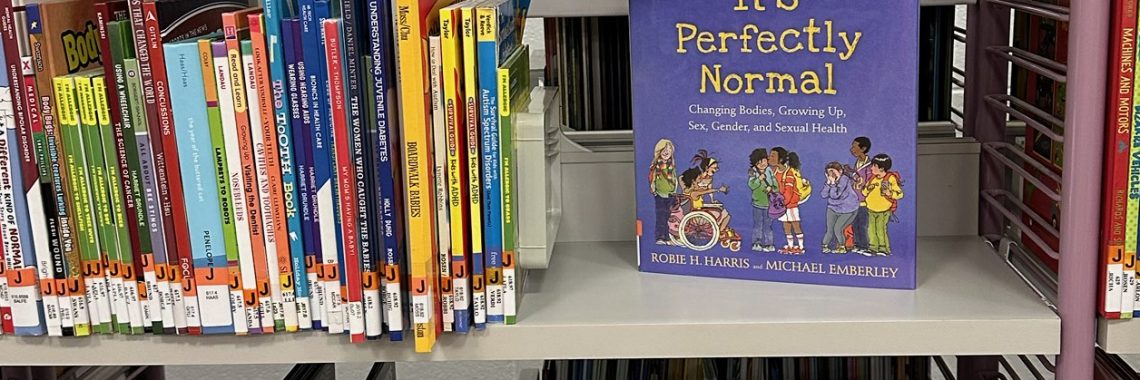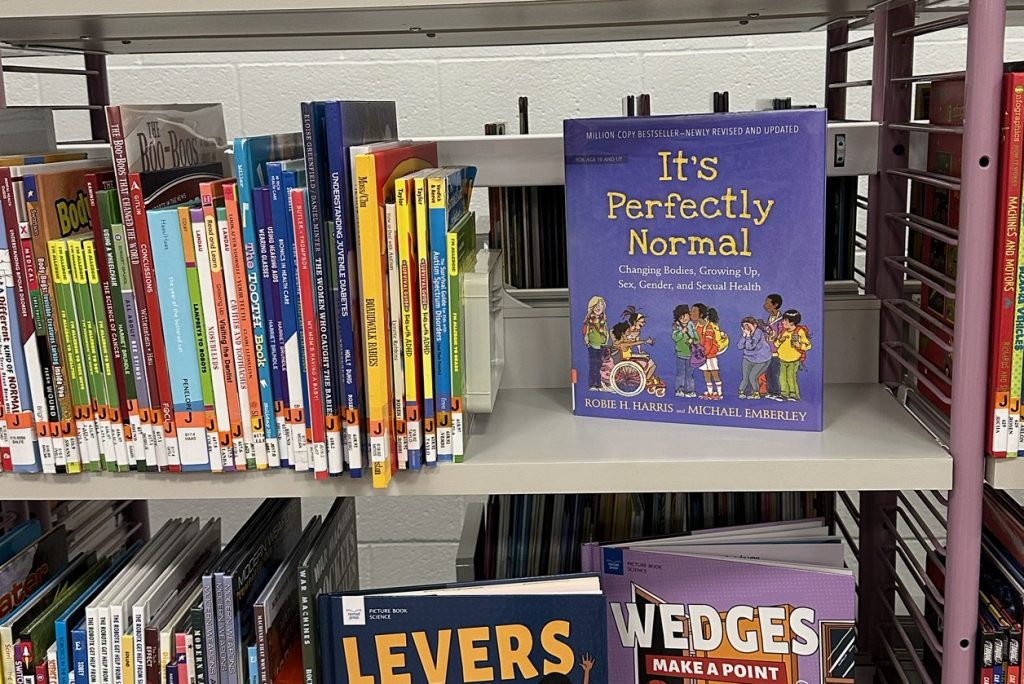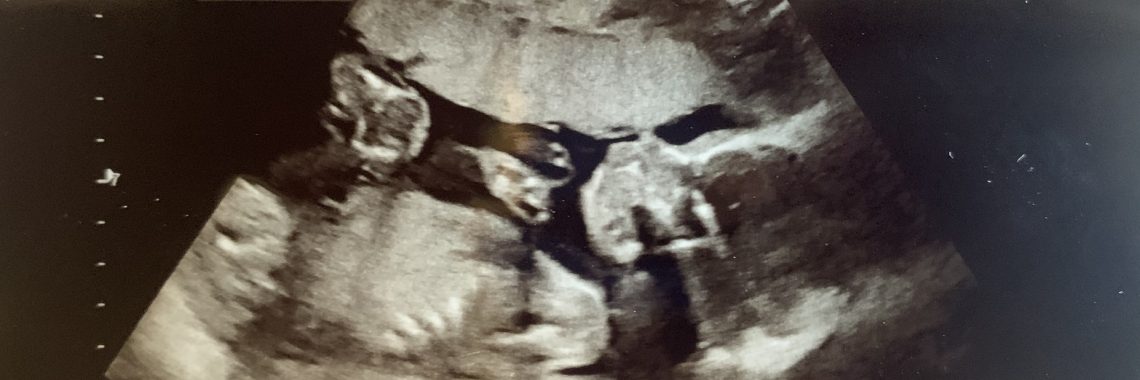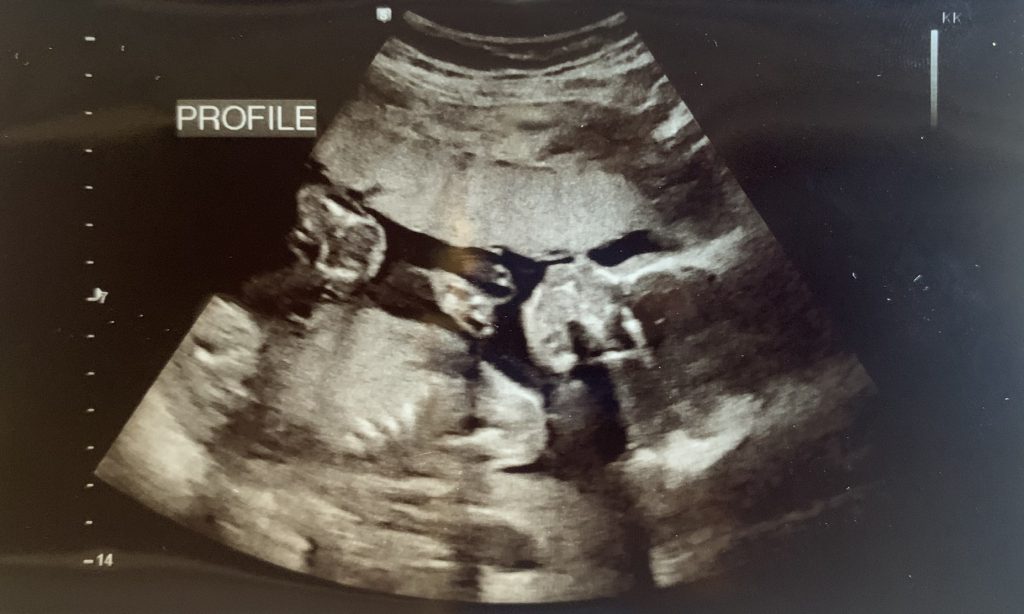Erasing Women

The following is adapted from a column that appeared in Family Council’s June / July update letter.
One of the strangest things about expecting a baby in this day and age is that it is no longer politically correct to say “pregnant woman” or “mother.” When you go to the CDC, Cleveland Clinic, Evidence Based Birth, or other data-driven medical websites to obtain reputable medical information about pregnancy, you find the term “pregnant people” rather than “pregnant women.” I find it harder to trust information that refers to me as a “birthing person” or “pregnant person” instead of a “pregnant woman” or “mother.”
Some of our national political leaders likewise use the term “birthing person” to avoid saying “pregnant woman” or “mother,” and one of our Supreme Court justices could not say what a woman is because she is “not a biologist.” If science, law, and politics goes down this path of not telling the truth, then the consequences will ultimately be worse healthcare and fewer legal protections for women because our healthcare, political, and legal systems are embracing as truth something that is false.
When the most intelligent and esteemed people among us can no longer say that women have babies, this tells us where we are in society with regard to rejecting God’s standards. We are getting so far down the line that we are rejecting the simplest, most basic truths. What could be more basic than the truth that women–not men–have babies? This is part of our “brave new world” that also erases women by letting physically stronger men play in their sports and win their awards.
Sin can be simply defined as rebellion against God’s design and order, including rejecting what He has said in His Word .And because sin is a progression (James 1:14-15), there is always a next step. These are just some stops along a long line of progressively rejecting more and more of God’s design. We start with rejecting that God has a unique design for male and female ,and then we begin allowing children to attempt to medically change their sex–regardless of the irreversible and sterilizing medical consequences. Statistics show that girls are much more likely to make the decision to attempt to change their sex than boys.
I can’t help but think that the worst form of “erasing women” is abortion, though. Mother Teresa is often credited with saying, “Abortion is profoundly anti-women. Three quarters of its victims are women: Half the babies and all the mothers.” Abortion deprives women of their incredible, life-giving power granted to them by God. There is simply nothing like the ability to grow new life within you and then bring new life into the world. A culture that promotes abortion really disempowers women by undermining women’s unique attributes as given by God. The ultimate erasing of women and mothers comes not just by the terms used, but by being in a culture where women miss out on their own children. I hope Arkansas makes the choice to reject the Arkansas Abortion Amendment and instead chooses to be a culture that invests in advancing and protecting women, motherhood, and innocent human life.
Stephanie Nichols is Director and Chief Legal Counsel for Arkansas Justice Institute, a division of Family Council.





